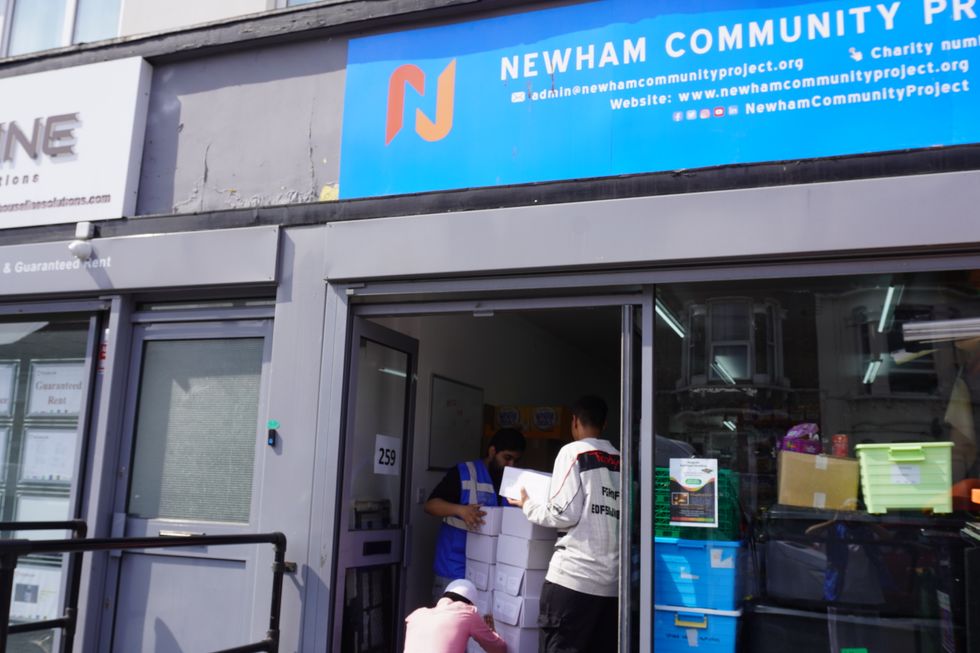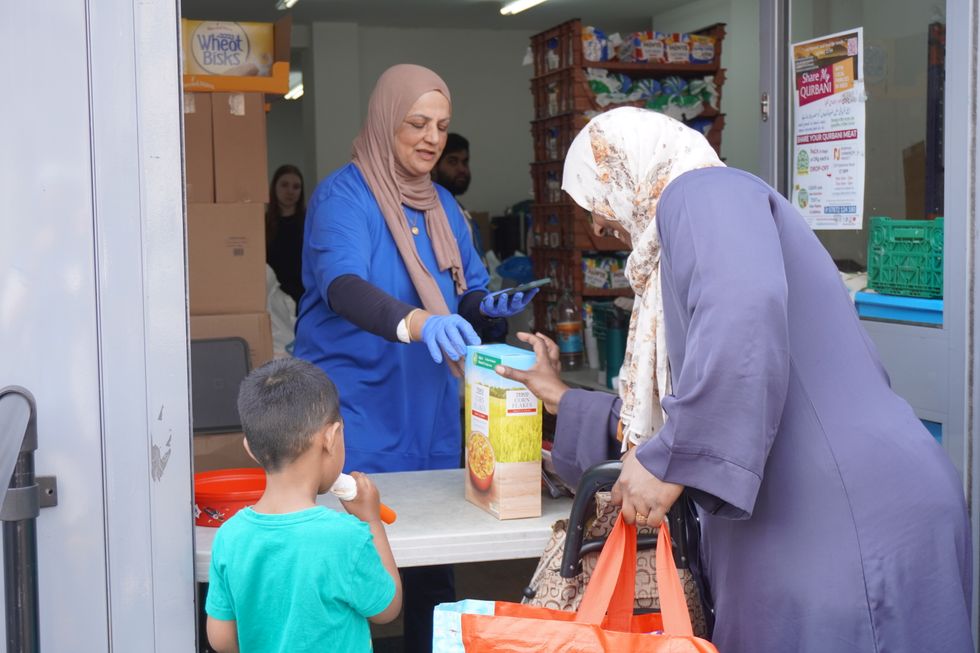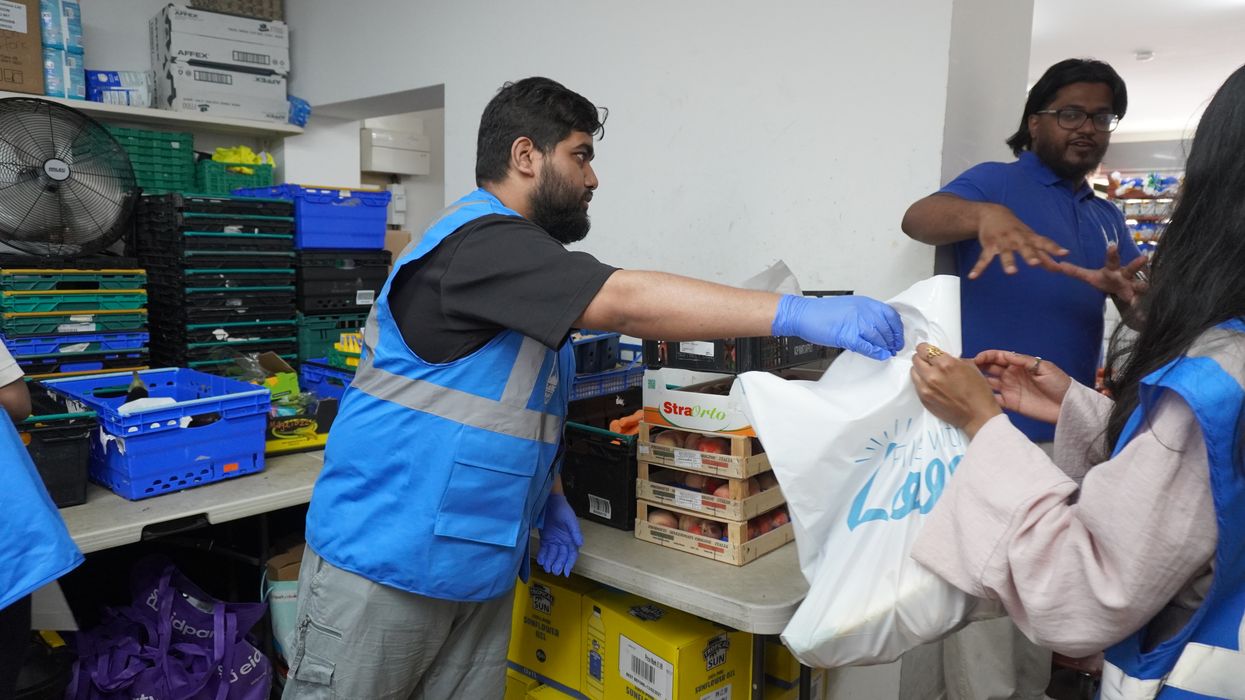Islamic Relief UK partnered with Newham Community Project this Qurbani to distribute food parcels to vulnerable individuals and families affected by the rising cost-of-living crisis in the London Borough of Newham and surrounding areas.
On 20 June 2025, the organisations delivered 300 food packs to support local households, including refugees, migrants, vulnerable women, and people with no access to public funds. The initiative took place during Dhul Hijjah, one of the holiest months in the Islamic calendar, when Muslims around the world donate Qurbani — the religious tradition of sacrificing meat and sharing it with those in need.

This year’s Qurbani campaign by Islamic Relief UK spans across the country in partnership with 39 organisations in cities such as London, Birmingham, Liverpool, Leeds, and Glasgow, working with local food banks, charities, and community centres.
Newham has been hit hard by the cost-of-living crisis, with research from the University of East London showing that nearly half of those supported by Islamic Relief’s local partners are not even in the lowest income bracket, highlighting how widespread the issue has become.

Tufail Hussain, Director of Islamic Relief UK, said: “Qurbani is a time to reflect on those struggling to meet their basic needs. More and more parents are skipping meals so their children can eat. Community efforts like those in Newham are vital, but we need long-term action from government to reverse cuts and raise support levels.”
Newham Community Project added: “Many families we support are excluded from public help and face housing, income and legal barriers. Distributions like this meet urgent needs but also spotlight the need for real policy change.”





